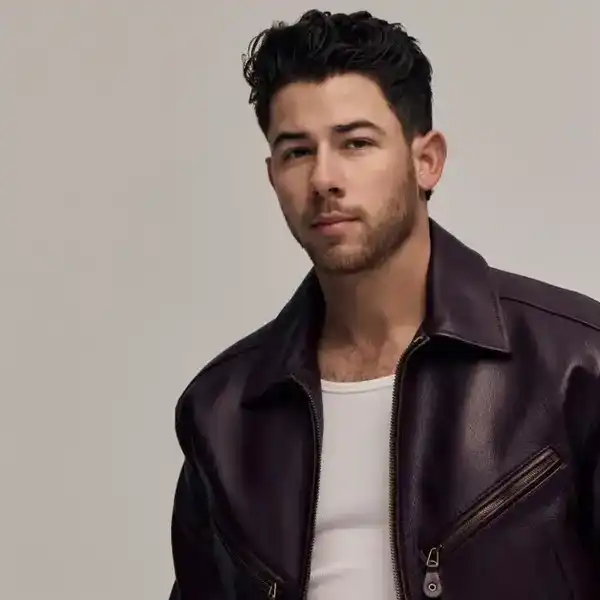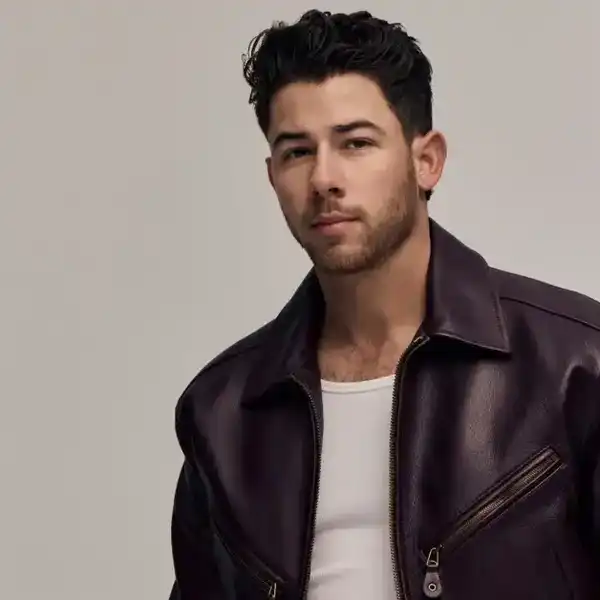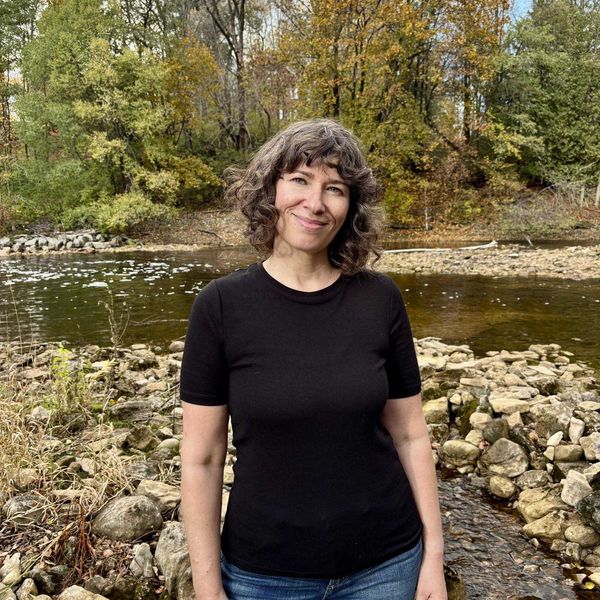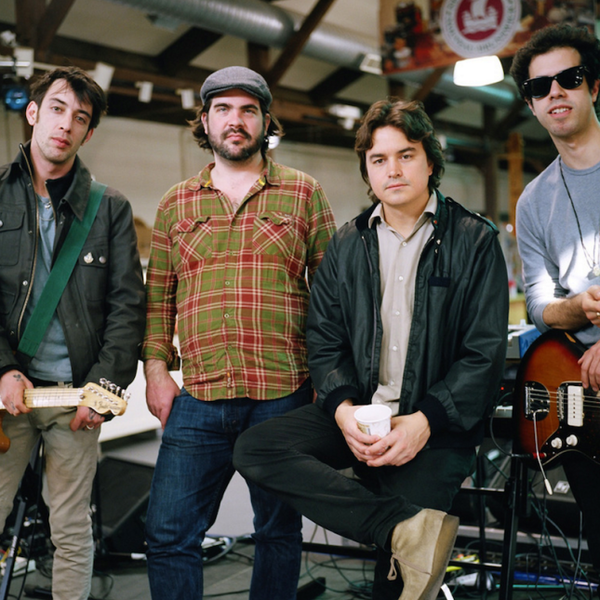Five Questions With… Rob Dickson
Now based in Whitehorse, the rootsy songsmith looked outwards for inspiration for his new album. What he found wasn't pretty, and he explains that this informed the raw and aggressive feel of some of the material.

By Jason Schneider
After attracting critical attention for his 2016 debut album Proof Of Our Years, singer/songwriter Rob Dickson is set to release the follow-up, Looking Through Your Window, on Aug. 31 via So Sorry Records.
As evidenced by the rootsy lead single “Water Rushing In,” Dickson sounds more settled in his adopted home of Whitehorse, where he moved to from southern Ontario before making his first record. Working once again with producer/drummer Jordy Walker at Stackwall Sound in Whitehorse, Dickson expanded his sonic range on Looking Through Your Window with the help of Jim Bryson who added guitar and keyboards. The album was further augmented by strings arrangements courtesy of Ottawa’s Mika Posen.
It adds up to a more clearly focused collection than its predecessor, which in some ways reflected the whirlwind of Dickson’s mid-twenties when he became a husband and new father on top of relocating to the far north. There’s still a sense of that distance on Looking Through Your Window, although Dickson’s songs are a reminder that capturing a sense of Canada’s vast space is perhaps the defining characteristic of our homegrown sound. For more info, go to robdickson.ca.
How do you describe the musical direction of Looking Through Your Window?
On this album, I wanted to try a different approach. After writing, recording and performing the songs for my first record Proof Of Our Years, which was very introspective, I think I naturally wanted to look outwards for inspiration. I started grappling with how individuals interface with the world, how our experiences and memories shape our view of the world and form our predispositions and perspective. I was looking out and was pretty horrified by what was happening around the world with the rise of nationalist groups, politics of fear, mistreatment of indigenous people, and the environment. I think that made me want to examine the perspectives of myself and those around me through the songs. The songs have a lot of rawness, and a bit more aggression than those on my previous record, I think as a result of where I was at when we were recording.
What songs on the new album are you particularly proud of?
I think there is something distinctive about “Water Rushing In,” “Holding Steady,” and “Smoke Ring.” They encapsulate a lot of overarching themes on the record really well. I am particularly proud of “Water Rushing In”—there are a few stories embedded in the song. I wrote it in a few different parts and had to re-work the lyrics a few times with some input from my co-producer and bandmate, Jordy Walker. It's sort of a portrait of a hybrid character I made up based on three individuals. One is an indigenous person, one is a dairy farmer, and one is a logger. I was trying to imagine how different people experienced colonization and industrialization in Canada, and this portrait began to emerge in the form of a song.
You’re originally from southern Ontario but now call Whitehorse home. What's the music scene like there?
Canada and the Yukon, in particular, are pretty decent places to live as an artist. There are so many programs in place to support the making of creative work. It is very hard to tour profitably though due to the vast distances between cities, but I find audiences are really kind for the most part.
What's been the most significant change in your life over the past year?
The biggest change would have to be the arrival of my second child. Being a dad changes when you go from one to two kids. It has been amazing getting to know our new little one. Settling into fatherhood though, I have become increasingly aware of what a horrible situation the world is in, and I am pretty worried that this is the place we are bringing children into. I've become increasingly aware of my immense privilege being the product of white Scottish immigrants to Canada, and the struggle that many less privileged families in Canada and around the world endure at the hands of hate, discrimination and oppression.
If you could fix anything about the music industry, what would it be?
I would love it if the market were more aware of what the real value of creating original music is, and how much work and consideration go into it. I think there is a disconnect between the artist and the consumer that needs to be reconnected. The actual value of the arts has been diminished in an attempt to make music consumption more effortless, more convenient and less intentional.

















